Fair Trade in Costa Rica – A Student’s Perspective
About our Guest Blogger:
Suzi Kondic is a Sophomore at Tulane University. She spent the Spring 2014 semester in Costa Rica through Tulane’s study abroad program and had the opportunity to visit a Fair Trade Coffee Cooperative (CoopeTarrazu). Below she shares some of what she learned through the experience.
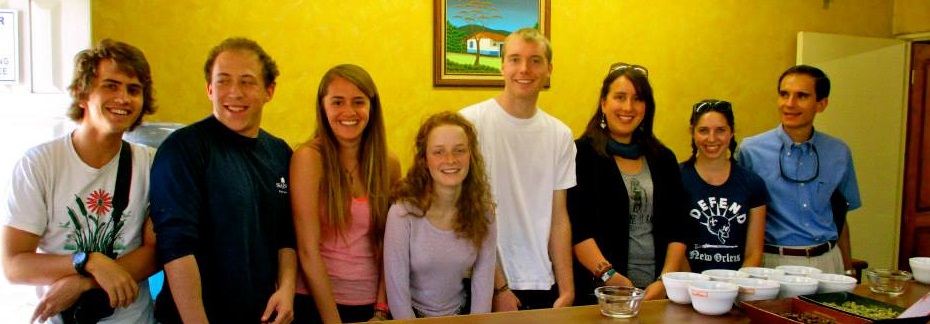
“I have always thought of myself as a conscious consumer.”
I shop at farmers’ markets, don’t eat meat, and spring for organic produce when grocery shopping. I’ve even volunteered with Tulane’s chapter of the Global Service League (GSL) to sell chocolates and flowers on Valentine’s Day to support our school’s Fair Trade University campaign.
But before visiting CoopeTarrazu (a Fair Trade Coffee Cooperative in Costa Rica) as part of an Environmental Policy class, Fair Trade was just a feel good ideal that I didn’t have much tangible experience with. Our visit completely changed that perception as we were exposed to the many benefits that the Fair Trade system has for farmers, consumers, and companies.
Visiting the Farm
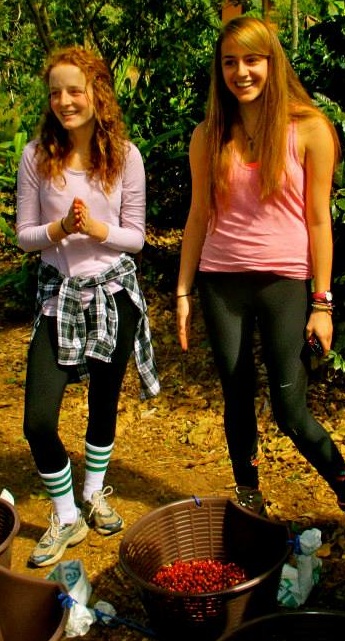
My favorite part of the visit, aside from sampling delicious coffee and fruit, was the chance to put on baskets (canastas) and pick coffee cherries. It wasn’t long before we realized how difficult the work was, which left me with a serious appreciation for Costa Rican coffee farmers and grateful for CoopeTarrazu’s advocacy efforts in support of the rights of farmers.We started the day on a medium sized farm. There we learned about shade grown coffee as well as the disparities between farmers who participate in cooperatives versus those who don’t. As an Economics and Environmental Studies double major, I was impressed at how removing the middleman in coffee sales dramatically improves coffee farmers’ livelihoods.
Lessons and Take-Aways
For me, a major take-away from the tour came from the innovative ways CoopeTarrazu exemplifies Fair Trade principles. From the farmers’ use of shade growing techniques to the processing plant’s utilization of the cherry shells as fuel for the coffee driers, I got a real sense of their forward thinking application of Fair Trade philosophy.
In the beginning of our visit, our guide told us that not only is CoopeTarrazu Costa Rica’s largest coffee co-operative, but it’s also the source of Costa Rica’s best coffee. As a self-diagnosed coffee addict/connoisseur, I was wary of this, but by the tasting portion of our tour, I was convinced.
Applying the Concepts and Taking Action at Home
A unique aspect of our visit to CoopeTarrazu was the connection I was able to make between the Fair Trade principles we observed in action, and Tulane’s current efforts to become a designated Fair Trade University.
So far Tulane’s campaign has hosted several fundraisers, including an innovative bake-off with Fair Trade ingredients that sparked similar fundraisers in other schools. Earlier this week, GSL representatives met with our University Senate (comprised of students, staff, faculty and administration) and passed a resolution to continue offering Fair Trade products, in hopes of university-wide recognition. As a result Tulane will soon be the first Fair Trade University in Louisiana and the second in the South. I’m thankful for the hands-on Fair Trade experience I gained at CoopeTarrazu not only for heightening my personal consumer consciousness, but also for the chance to bring my experience back to Tulane and support our campaign.

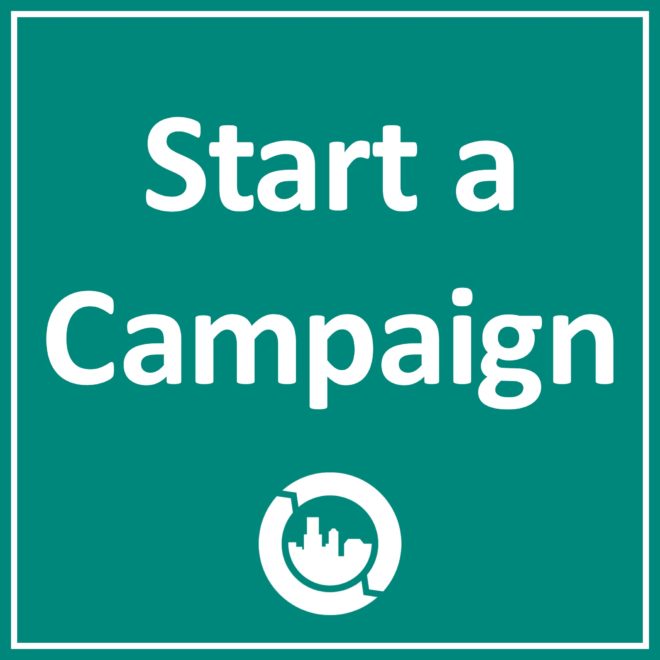

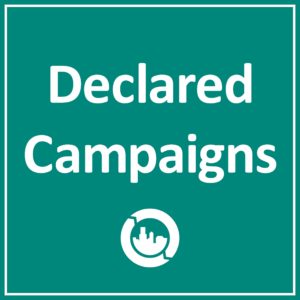
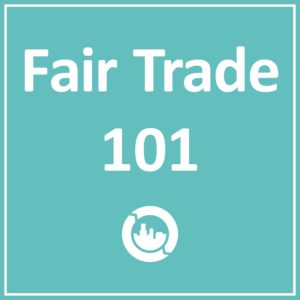
You must log in to join the discussion. If you are not already a member registering is easy.